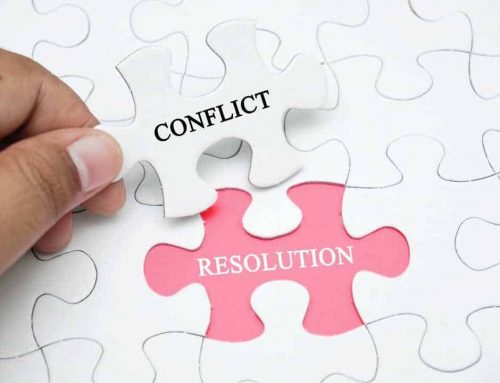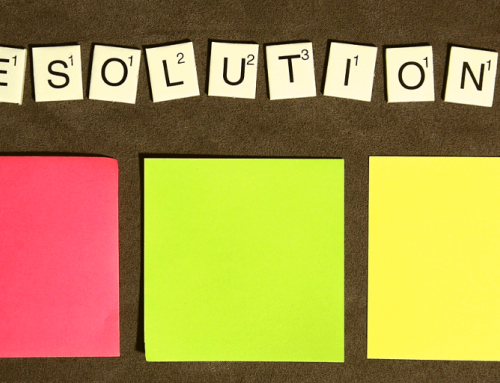Disputes, whether within a family, at work or in business, are upsetting and can often end up in messy, drawn-out legal proceedings.
However, no matter what the dispute, the first option before heading for the courts should always be mediation.
Mediation law covers any form of mediation – a form of dispute resolution. Mediation involves the disputing parties getting together with a neutral third party (the mediator), who is usually professionally trained, to work towards a resolution.
The aim of mediation is to work out issues between disputing parties in a collaborative way. It’s an open negotiation that’s focused on working towards solutions together – not fighting.
Whether you need to reach an agreement on childcare during separation or divorce, thrash out a breach of contract, or reach an unfair dismissal settlement with an employer, mediation can be cheaper, quicker and less stressful than litigation.
So if you are considering dispute resolution, here’s everything you need to know about mediation law…
What Is Mediation Law?
Mediation is an area of law that concerns dispute resolution outside of the courts. Mediation is a voluntary process, designed to help disputing parties come to a mutually beneficial resolution in a neutral environment.
An impartial mediator listens to both sides, suggests solutions and helps the parties move towards an agreement.
Almost all disputes will be suitable for mediation; if the parties are not capable of discussing or reaching a solution on their own. These days, judges will often expect parties to have at least tried mediation before they will hear their cases in court.
What Are The Benefits Of Mediation?
Mediation gives both sides more control over the final outcome. If relations between the disputing parties get so bad that the only way to resolve things is to head to court, then a judge will have the final say. Both parties then have to abide by the judge’s ruling, even if they don’t like it. Mediation is also flexible; you can choose where and when it takes place.
Court cases are expensive – costs can easily get out of control. Mediation is a much cheaper option for finding a way through a difficult situation. It is also much quicker, which will save you the emotional upset of having issues drawn out for months or even years while lawyers wrangle in court.
Mediation is also more private – you won’t have intimate details of your family, marriage, business or employment hashed out in a public court. Discussions in mediation are kept confidential.
Any agreements reached in mediation can be legally binding in certain situations, such as in civil, commercial or employment mediation (eg contracts, professional negligence, dismissals, pay…) and where a written settlement is drawn up and signed.
In family or divorce mediation some settlements may not be legally binding until solicitors become involved.
When Can You Use Mediation?
Mediation can be used in civil, commercial, business, employment and family disputes and any number of situations. For example;
- Childcare arrangements and child support payments
- Splitting assets during divorce
- Unfair dismissal
- Breach of contract
- Harassment
- Tenancy matters
Help With Mediation Law…
Mediation can be used in a wide range of situations, helping disputing parties avoid the cost and confrontation of courts or tribunals. If you need help with dispute resolution, get in touch with our friendly expert team.




